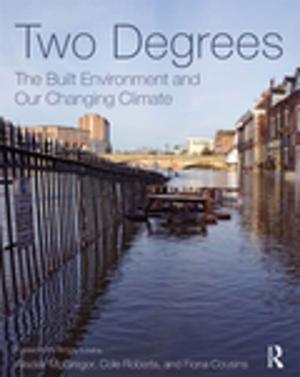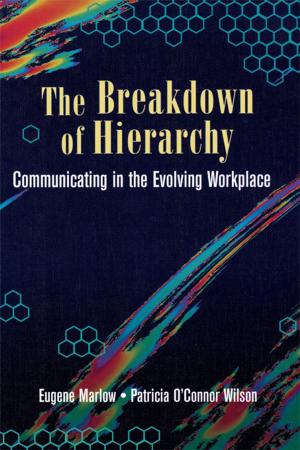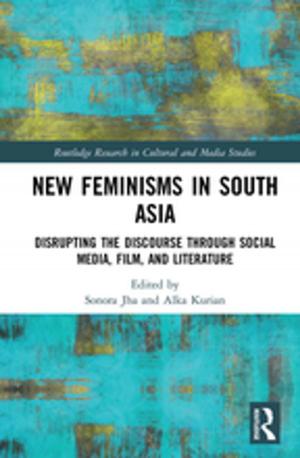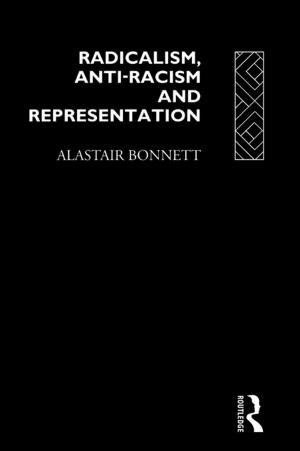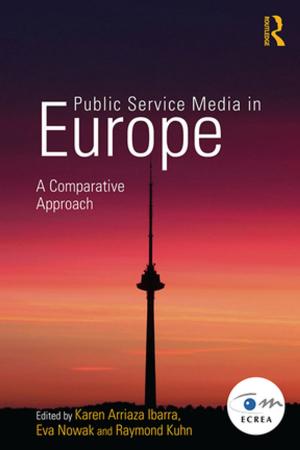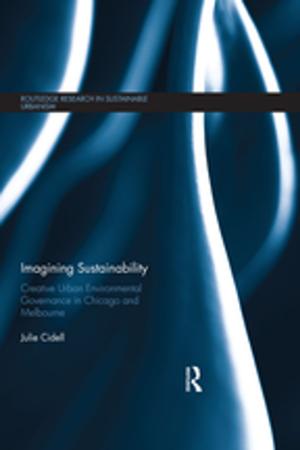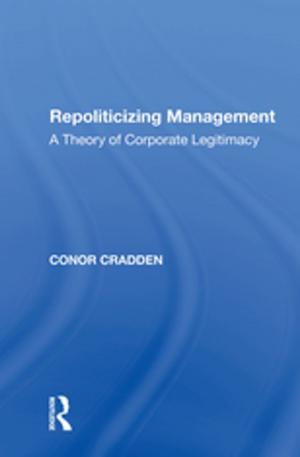Social Studies as New Literacies in a Global Society
Relational Cosmopolitanism in the Classroom
Nonfiction, Reference & Language, Education & Teaching, Educational Theory, Curricula, Teaching, Teaching Methods| Author: | Mark Baildon, James S. Damico | ISBN: | 9781136888588 |
| Publisher: | Taylor and Francis | Publication: | October 4, 2010 |
| Imprint: | Routledge | Language: | English |
| Author: | Mark Baildon, James S. Damico |
| ISBN: | 9781136888588 |
| Publisher: | Taylor and Francis |
| Publication: | October 4, 2010 |
| Imprint: | Routledge |
| Language: | English |
This book reconceptualizes social studies teaching and learning in ways that will help prepare students to live in "new times" – prepared for new forms of labor in the post-industrial economy, equipped to handle new and emerging technologies and function in the new media age, and prepared to understand different perspectives to participate in an increasingly diverse, multicultural global society. Mark Baildon and James Damico offer an integrated theoretical framework and corresponding set of web-based technology tools to guide a reconceptualized social studies education and provide concrete examples of teachers and students wrestling with core challenges involved in doing inquiry-based investigations with web-based texts. The authors also lay out a range of suggestions for social studies and literacy teachers, curriculum developers, teacher educators, and researchers interested in enacting and researching social studies as new literacies for living in the global society in the 21st century.
This book reconceptualizes social studies teaching and learning in ways that will help prepare students to live in "new times" – prepared for new forms of labor in the post-industrial economy, equipped to handle new and emerging technologies and function in the new media age, and prepared to understand different perspectives to participate in an increasingly diverse, multicultural global society. Mark Baildon and James Damico offer an integrated theoretical framework and corresponding set of web-based technology tools to guide a reconceptualized social studies education and provide concrete examples of teachers and students wrestling with core challenges involved in doing inquiry-based investigations with web-based texts. The authors also lay out a range of suggestions for social studies and literacy teachers, curriculum developers, teacher educators, and researchers interested in enacting and researching social studies as new literacies for living in the global society in the 21st century.


